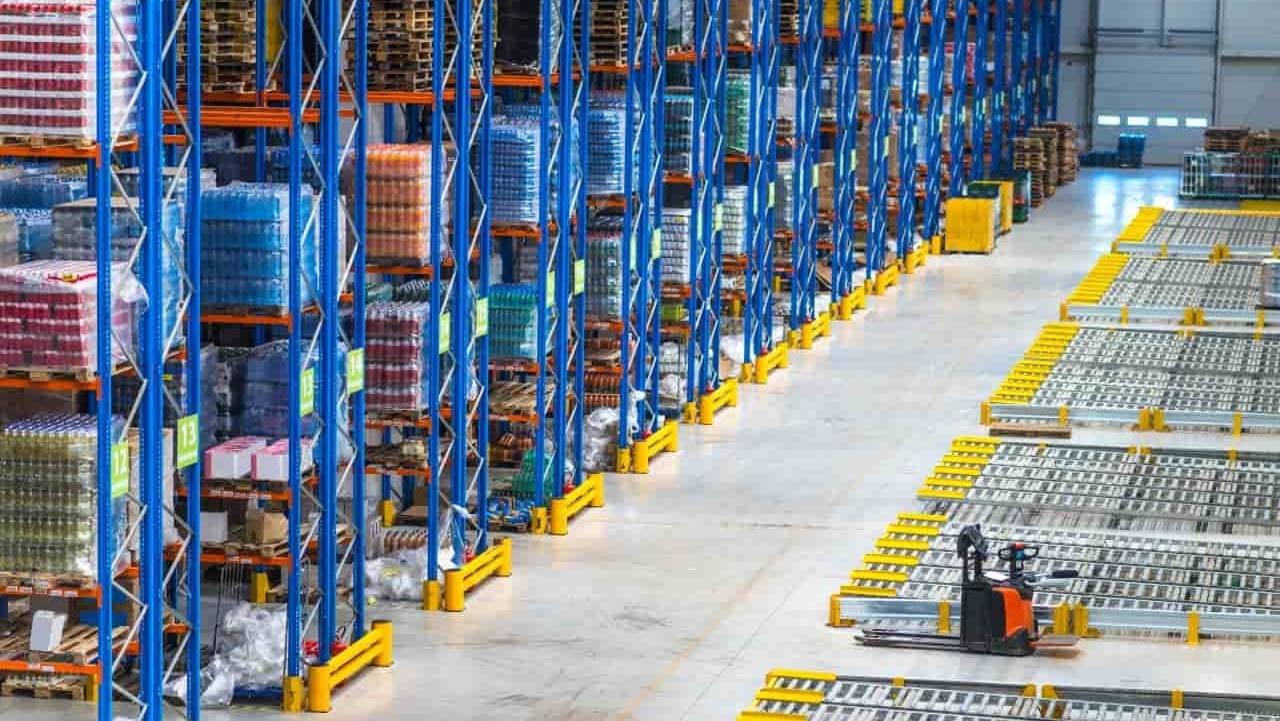If no measures are taken to address the shortage of skilled workers in Germany, the situation could develop similarly to the UK – the shelves of German supermarkets could be empty and petrol stations will run out of petrol.
The German Economic Institute (IW) reports a shortage of 18,300 social pedagogues, 17,900 geriatric nurses and 16,700 general nurses. That is the difference between job advertisements and qualified candidates.
Construction electricians (15,500), plumbing, heating and air conditioning technicians (13,200) or truck drivers (6,7000) are also in demand. The actual number of sought-after workers is likely to be much higher, as the calculations were made by comparing the jobs registered with the Federal Employment Agency and the unemployed with relevant qualifications.
Focus on professional drivers
Due to the partial stagnation of the economy caused by the pandemic, the shortage of skilled professional drivers dropped to zero. Therefore, it is surprising that there is again a shortage thereof and the trend is growing. Demography matters here as only 13.6% of drivers are under 35 years of age, while the average percentage of all employees subject to social security contributions is 29.3%.
The IW experts warn of the consequences in terms of curbing economic recovery and the threat of conditions similar to those in the UK, where British petrol stations ran out of fuel due to lack of deliveries. There was also a shortage of slaughterhouse workers, which in turn translated into logistical problems in supermarkets and empty shelves.
Staff shortage in 70 professions
The Federal Employment Agency points to a shortage of skilled workers in 70 professions. A total of about 1.2 million workers are needed, two-thirds of whom are skilled workers.
To combat the shortage, representatives of SMEs are calling for more skilled workers from other countries and stress the need for targeted immigration of skilled workers to keep German SMEs and Germany itself competitive.
In recent months many German companies have had to refuse orders due to a lack of qualified staff. There is also a shortage of trainees, for whom 60,000 positions were waiting at the beginning of 2020.





